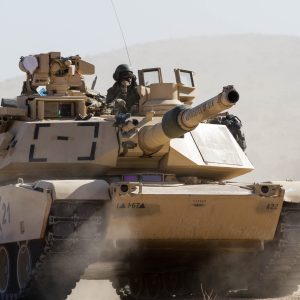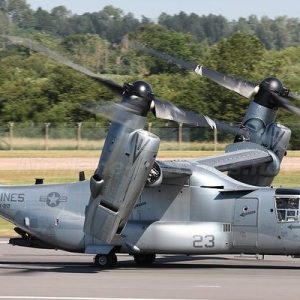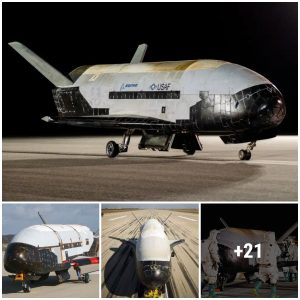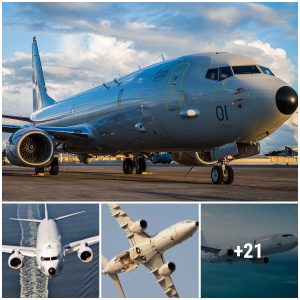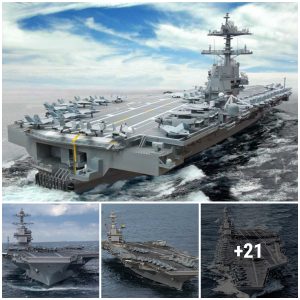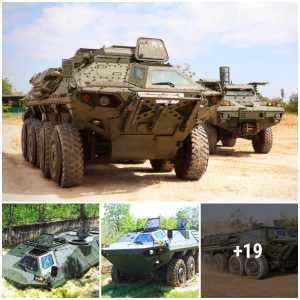Kamov Ka-29 was born in the 1970s, the first flight was made in 1976.

Ka-29 has an empty weight of 5.52 tons, maximum takeoff weight of 12.6 tons. It is 11.3m in length, 5.4m in height, and 15.9m in main rotor diameter.

Compared with the original Ka-27, the Ka-29 has a completely new fuselage, which is extended to the front. The cockpit is modified to accommodate a crew of three sitting side by side. One of these crew members acts as a gunner. Additionally, the Ka-27’s two-piece curved windshield has given way to a five-piece unit.

Behind the cockpit is a passenger cabin, accommodating up to 16 fully equipped soldiers. In the role of medical evacuation, it can carry 4 stretchers, 7 seated casualties and medical attendants. In addition, it can carry an external load with a maximum weight of 4 tons.

The large sensor cluster located under the nose of the Ka-27 was removed, replaced by the photo-electric sensor and anti-tank missile controller. The airframe of the helicopter is supplemented with 2 stub wings and 4 ωɛλρσɳ hard points.

The Ka-29 retains the uniqueness of the Kamov family – it has coaxial rotors, removing the need for a tail rotor. The elimination of the tail rotor is a priceless attribute when considering onboard storage for a navy warship. Additionally, the stout fuselage design and tri-fin tail section are clear indicators of a Kamov design.

The Ka-29 is powered by two Klimov TV3-117V turboshaft engines, with a capacity of 2,190 hp each. The helicopter can reach a top speed of 250 km/h, a range of 460km.

External hard points allow the Ka-29 to carry up to eight 9M114 guided anti-tank missiles, with a range of 400-5,000 meters. The Ka-29 can also carry pods with unguided 57 mm or 80 mm rockets, bombs, submunition dispensers and even torpedoes. It can also carry pods with 23 mm cannon and 250 rounds of ammunition each. There is provision for a 30 mm cannon, mounted above port outriger with 250 round ammunition feed from the cabin. These ωɛλρσɳs are used to support seaborne assault troops and to soften up enemy defenses.

